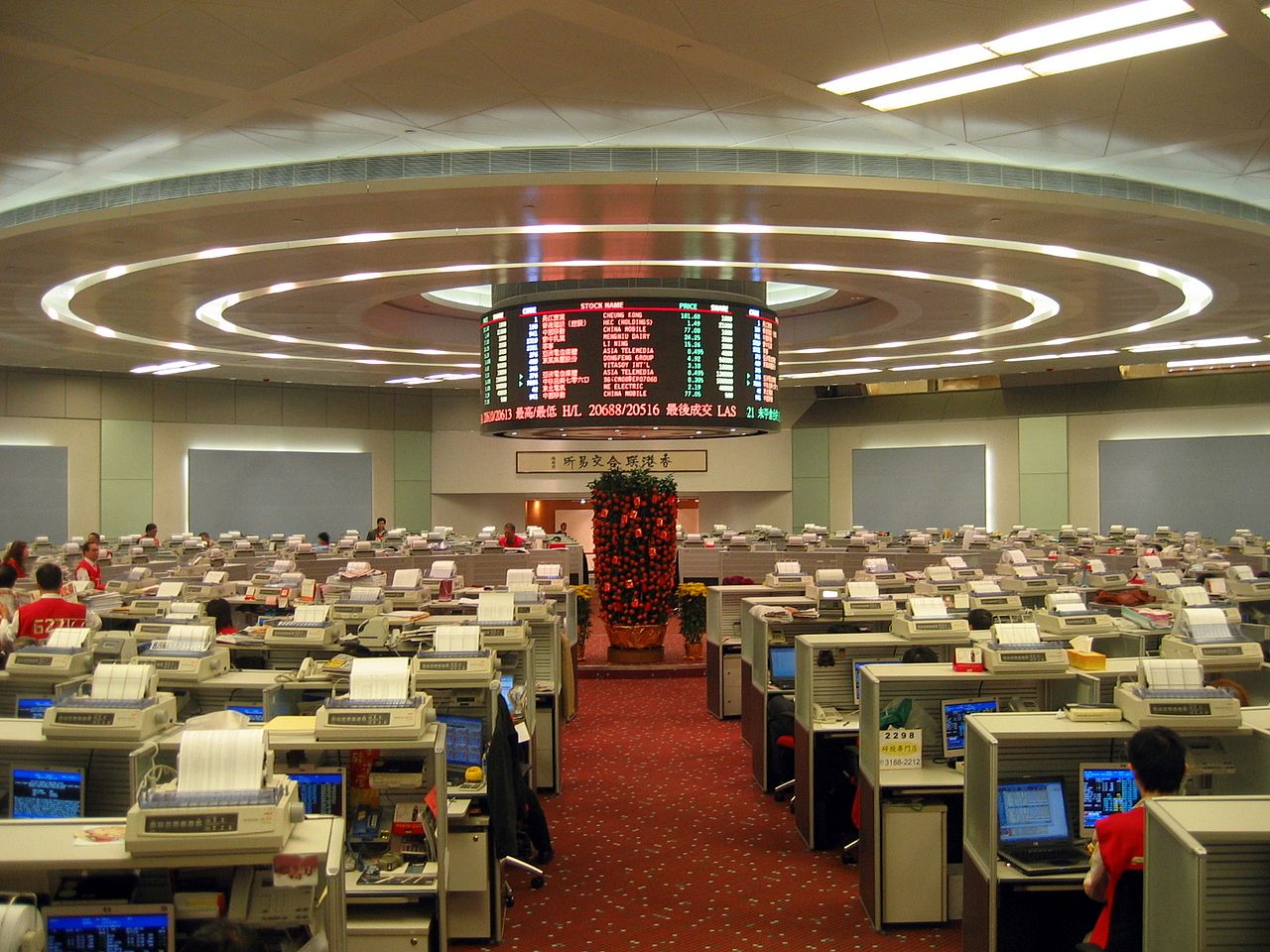BEIJING (Washington Insider Magazine) – As worries grew that U.S. interest rate rises to combat inflation would slow economic development, Asian equities followed Wall Street down on Friday.
Hong Kong, Seoul, Shanghai, and Sydney all experienced a drop. According to ABC NEWS, Tokyo nudged higher as business resumed following a holiday.
The S&P 500 index fell 3.6 % on Thursday, its largest one-day drop in 2 years, as the optimism that had fueled the previous day’s gain faded.
Investors are concerned that the Federal Reserve, which hiked its benchmark interest rate by a half percent on Wednesday, would be able to control inflation without triggering a recession in the weakening US economy. Traders were initially boosted by Fed chairman Jerome Powell’s statement that the central bank would not contemplate further rises.
The Hang Seng Index in Hong Kong sank 3.6 percent to 20,051.61, while the Shanghai Composite Index dropped 1.6 percent to 3,019.11. Tokyo’s Nikkei 225 index rose 0.9 percent to 27,053.81.
The S&P-ASX 200 index in Sydney fell 2.3 percent to 7,197.40, while the Kospi in Seoul fell 1.3 percent to 2,642.26. Singapore and New Zealand decreased as well.
Investors are concerned about Russia’s war in Ukraine, high oil costs, and worldwide supply chain disruptions.
Also on Thursday, the Bank of England hiked its key interest rate to its highest level in 13 years, the 4th rise since December to combat Britain’s 30-year-high inflation.
The S&P 500 index slid 3.6 percent to 4,146.87, reversing a 3 percent gain on Wednesday.
The Dow Jones Industrial Average fell 3.1% to 32,997.97 points. The Nasdaq, which is dominated by technology stocks, fell 5% to 12,317.69.
On Thursday, the US administration was set to release employment figures, a heavily awaited data indicator.
BNP Paribas economists believe the Fed will continue to raise the federal funds rate until it hits a level of 3% to 3.25 percent, up from zero to 0.25 percent earlier this year.
As the situation in Ukraine persists, energy markets are turbulent, and demand remains strong despite restricted oil supply. European countries are attempting to replace Russian energy supply and are considering imposing an embargo. OPEC and its allies resolved on Thursday to steadily boost the amount of crude they ship across the world.
In electronic trading on the New York Mercantile Exchange, benchmark US crude advanced 77 cents to $109.03. On Thursday, the contract increased 45 cents to $108.26. Brent crude, the worldwide oil price benchmark, rose 75 cents to $111.65 per barrel in London.
The dollar gained to 130.47 yen from 130.40 yen on Thursday. From $1.0519, the euro climbed to $1.0539.


























